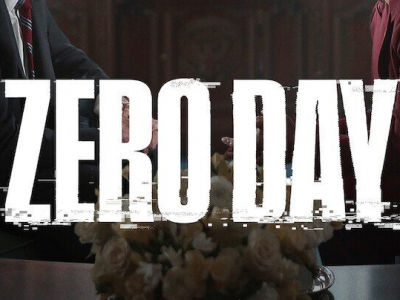Terrorism, an unfortunate reality of the modern world, has claimed countless innocent lives, disrupted societies, and altered the course of global events. While the scars of these tragedies remain, they also offer profound lessons in risk management. This article delves into some of the worst terror attacks in history and the risk management insights derived from them.
- 9/11 Attacks, USA (2001):
Incident: On September 11, 2001, terrorists hijacked four commercial airplanes, crashing two into New York City’s World Trade Center towers and one into the Pentagon. The fourth plane, United Airlines Flight 93, crashed in Pennsylvania after passengers thwarted the hijackers.
Lesson: This catastrophe highlighted the need for stricter aviation security measures, leading to comprehensive reforms in passenger screening, airplane security protocols, and intelligence sharing between nations.
- Mumbai Attacks, India (2008):
Incident: In November 2008, terrorists launched a series of coordinated shooting and bombing attacks across Mumbai, targeting major landmarks, including the Taj Mahal Palace Hotel.
Lesson: The attacks emphasized the importance of urban security, leading to enhanced coastal surveillance, bolstered intelligence networks, and specialized quick response teams in major cities.
- Madrid Train Bombings, Spain (2004):
Incident: In March 2004, simultaneous bombings on commuter trains in Madrid killed and injured hundreds.
Lesson: The incident underscored the vulnerability of public transport systems, resulting in stricter railway security protocols, increased surveillance, and enhanced bomb detection measures across Europe.
- Bataclan Theatre Attack, France (2015):
Incident: In November 2015, multiple attacks erupted in Paris, the deadliest of which occurred in the Bataclan theatre where terrorists took hostages and killed many.
Lesson: The attacks illuminated the threat of homegrown extremism and the need for improved domestic intelligence operations, community engagement, and de-radicalization programs.
- Easter Sunday Bombings, Sri Lanka (2019):
Incident: On Easter Sunday in 2019, coordinated suicide bombings at churches and hotels in Sri Lanka resulted in significant casualties.
Lesson: The tragedy showcased the importance of timely intelligence processing and inter-agency coordination, stressing the need for efficient communication channels between security agencies.
Lessons in Risk Management: From these heartbreaking incidents, several universal lessons in risk management emerge:
- Anticipation: Security agencies must maintain a proactive rather than reactive stance, continually assessing potential threats.
- Collaboration: Global terrorism requires a global response. International intelligence sharing and collaborative operations can preemptively thwart terror plots.
- Technology Integration: Modern technology, from advanced surveillance systems to AI-driven threat analysis, can play a pivotal role in detecting and neutralizing risks.
- Community Engagement: Local communities are invaluable assets in countering radical ideologies. Building trust and facilitating open dialogue can deter potential threats from within.
- Adaptability: Terror strategies evolve, and so must counter-terrorism efforts. Continuous training, scenario planning, and adaptability are crucial in staying one step ahead.
While these terror attacks have left indelible marks on global history, they also provide a roadmap for nations to bolster their defenses, refine their strategies, and ensure the safety of their citizens. Through effective risk management, societies can aspire to a safer, more secure future.














